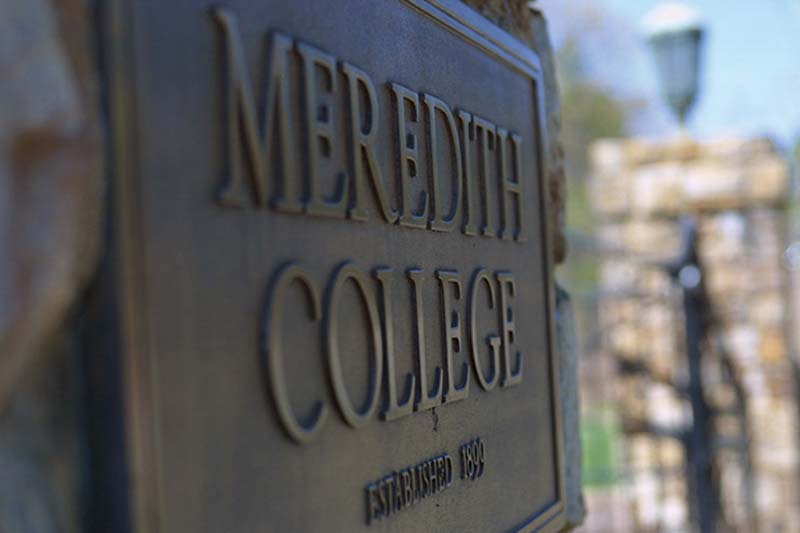New Book Looks at Ethics Through the Television Screen
- Published

Professor of Religious and Ethical Studies Steven A. Benko is the editor of a recently published book that explores ethical concepts through popular television shows.
Better Living Through TV: Contemporary TV and Moral Identity Formation addresses the moral meanings that audiences might take from television shows of the last 20 years. The book contains essays on The Sopranos, Breaking Bad, Justified, Lucifer, Hannibal, and others.
In his research and teaching, Benko is most interested in exploring moral identity formation, and he sees television storytelling as a site for identity formation.
“Becoming a person is the same thing as becoming a person with moral preferences and a sense of right and wrong, of good and evil,” Benko said. “Television tells stories about who we are. Television is a place where cultural conversations are played out. From questions about gender, race, friendship, romance, marriage, family dynamics, employment, law, policing, health – everything – television is a place where important national and cultural conversations are played out. If you put that together: television tells stories that help the audience understand who they are, and these stories are relevant to what is happening right now, television becomes a natural site to think about ethics.”
Benko is proud of the range of programs included in the book, and he hopes readers see there is “serious intentionality on the part of the writers, directors, and actors to create meaningful art.” The shows featured range from award-winning dramas to more escapist shows based on comics and graphic novels.
“When you talk about The Wire and The Sopranos, you’re talking about the greatest television shows ever produced. There is no question that those are high art capable of provoking serious moral reflection and debate,” Benko said. “But there are essays about The Unicorn, Lucifer, and The Falcon and Winter Soldier, and what these essays show is that there is just as much effort to create a meaningful and moral universe in these shows. The question that each of the essays asks, some implicitly, some explicitly, is why does watching a show, or several shows, matter?”
Collaborations with Meredith Community Members
The book features several collaborations with Meredith College faculty and alumnae. He co-authored a chapter on moral decency in the television show The Unicorn with Ellie Jones, ’20. Benko and Alisa Johnson, Associate Professor of English and Assistant Dean, Arts & Humanities, are the authors of the final chapter of the book, “A Black Captain America: Race in The Falcon and the Winter Soldier,” an analysis of race and representation in the recent Disney+ series. The book’s cover was designed by Bailey Birtchet, ’21.
Benko has a lot of praise for his Meredith collaborators.
“Alisa Johnson and I have been colleagues for years, but I didn’t know how passionate she was about comic books and these characters,” Benko said. “Writing with her was a way to get to know her better and that was a lot of fun. It is a credit to the collaborative culture that Meredith fosters these conversations so that such opportunities are possible and can come to fruition.”
The contributions from alumnae Birtchet and Jones were strengthened through their previous experiences in the Undergraduate Research Program.
“Bailey Birtchet designed a brilliant cover that evokes how television – in this case in the form of the remote control – shapes and organizes our lives. Ellie Jones and I collaborated on an article for [his previous book] The Ethics of Comedy and for this book as well. It is extremely gratifying to see her grow from a student in my classes to a conversation partner, researcher, and co-writer. She is someone who benefitted from the Undergraduate Research Program, as did Bailey. All of the extra work they did over the summers and multiple semesters gave them the skills to take on projects that allowed them to distinguish themselves from their peers.”
What Matters in the Show Matters to the Audience
Benko said the book’s content makes the argument that “there is synchronicity between what matters on these shows and what matters to the audience.” Because of this connection, television choices provide an opportunity for critical thinking.
“The show becomes a script for what matters to the audience in that it offers strategies for negotiating the world so that one can access and enjoy what matters to them. What I hope is that people will think more critically about why they invest in a particular show or a particular character and put it in terms of what matters to them and then think about how that came to matter, why it matters, and what steps they take to access what matters to them. Audiences invest a lot of time and emotion in television shows; I hope this book explains why they do and what they get from it.”
Better Living Through Television is Benko’s third edited book, following The Good Place and Philosophy and The Ethics of Comedy.
Learn more about Better Living Through Television, published by Rowman & Littlefield.
News Director
316 Johnson Hall
(919) 760-8087
Fax: (919) 760-8330
PRINCETON REVIEW
U.S. NEWS
NICHE
3800 Hillsborough Street Raleigh, NC 27607-5298 | (919) 760-8600 Fax: (919) 760-8330 | © 2024 All Rights Reserved.